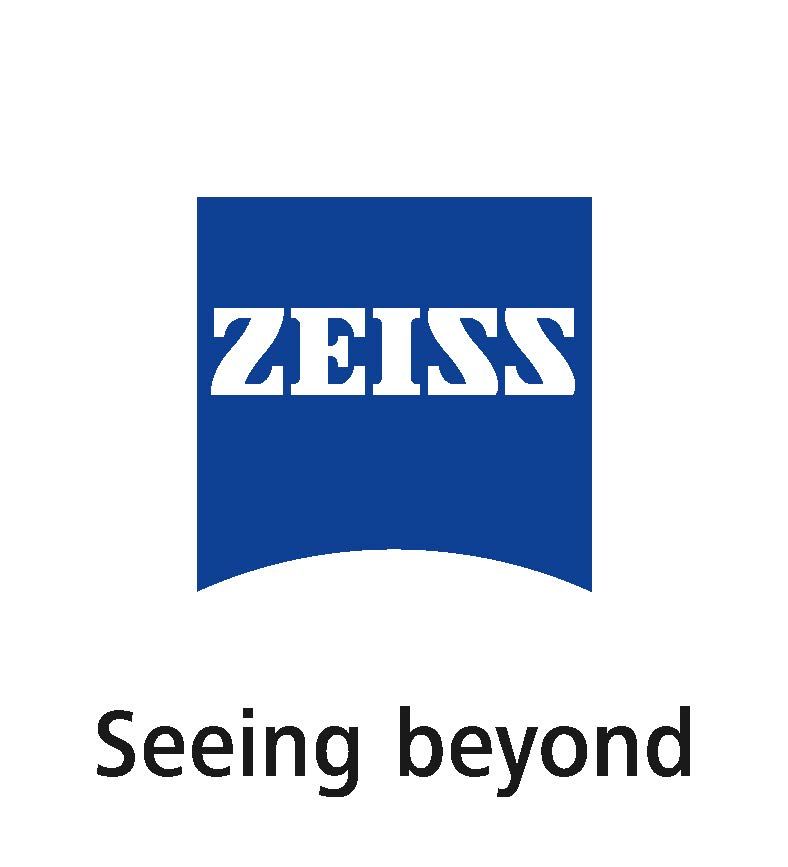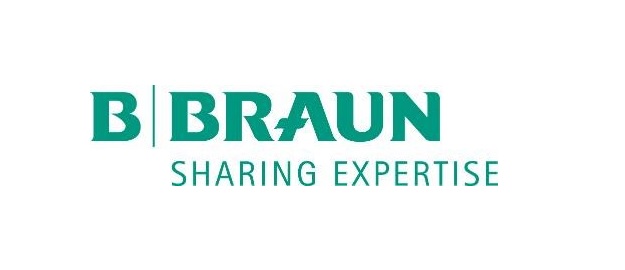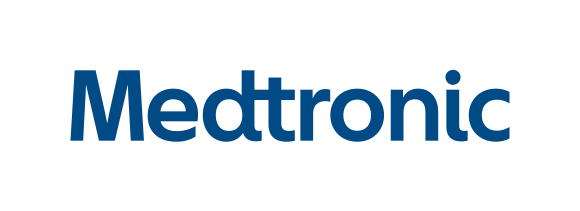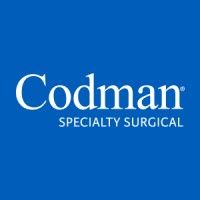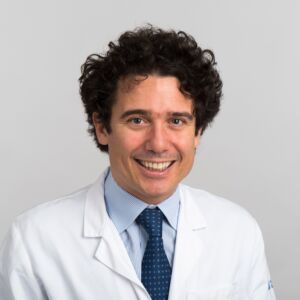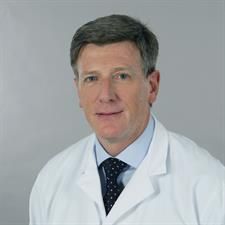Zurich Microsurgery Course
This course is suitable for surgeons working with microsurgical techniques, microsutures and microanastomoses. Participants will be able to practice basic microsurgical techniques such as dissection of arteries and veins using a placenta model.
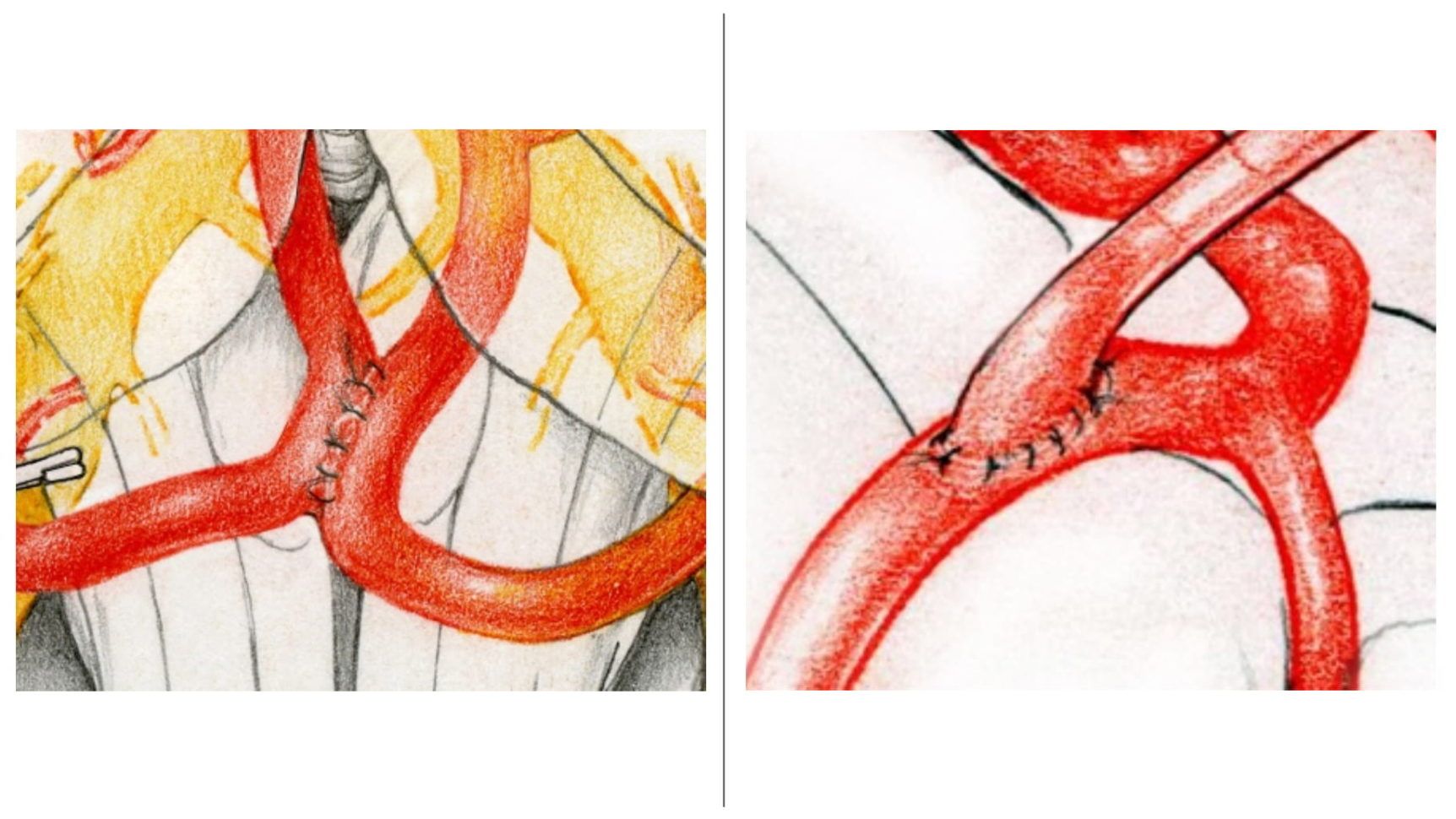
The need for comprehensive microsurgical training to improve the skills of microsurgeons is critical, not only for residents, but also for more experienced surgeons. However, in a non-operative setting, training opportunities are often scarce and very expensive, so new and innovative surgical training methods have been considered.
Training on the placenta model
The placenta model is one of the most promising and affordable tools currently available for training in microsurgical techniques. In the placenta, all vessels are surrounded by membranes and stroma. In addition, the vessels are perfused and under pressure: this simulates the intraoperative situation very well.
Dissection of the tissue surrounding the arteries and veins in the placenta is very similar to the intraoperative setting (or even more difficult according to experienced surgeons) (e.g., dissection of the sylvian fissure, arachnoid and sylvian vessels).
Furthermore, the placenta model allows to:
- microsuture/repair vessels
- perform all the three types of microanastomosis: end-to-side, end-to-end & side-to-side
- perform all the three types of microanastomosis: end-to-side, end-to-end & side-to-side
Participants can perform a variety of simulation scenarios, that allow many repetitive exercises and the exploration of surgical errors. Working in a deep and narrow surgical area can also be simulated. According to histological findings, the vessels of the human placenta have characteristics similar to those of the cortical arteries or the superficial temporal artery.
This course has been recommended by the Federation of Swiss Cantonal Veterinary Officers for recognition by all authorities responsible for animal experimentation as continuing education in laboratory animal science.
Credits
New set: This course is accredited by the Swiss Society of Neurosurgery (SGNC) and the Swiss Society of Plastic, Reconstructive and Aesthetic Surgery (SGPRAC) with 12 credits.
Register
Sponsors
